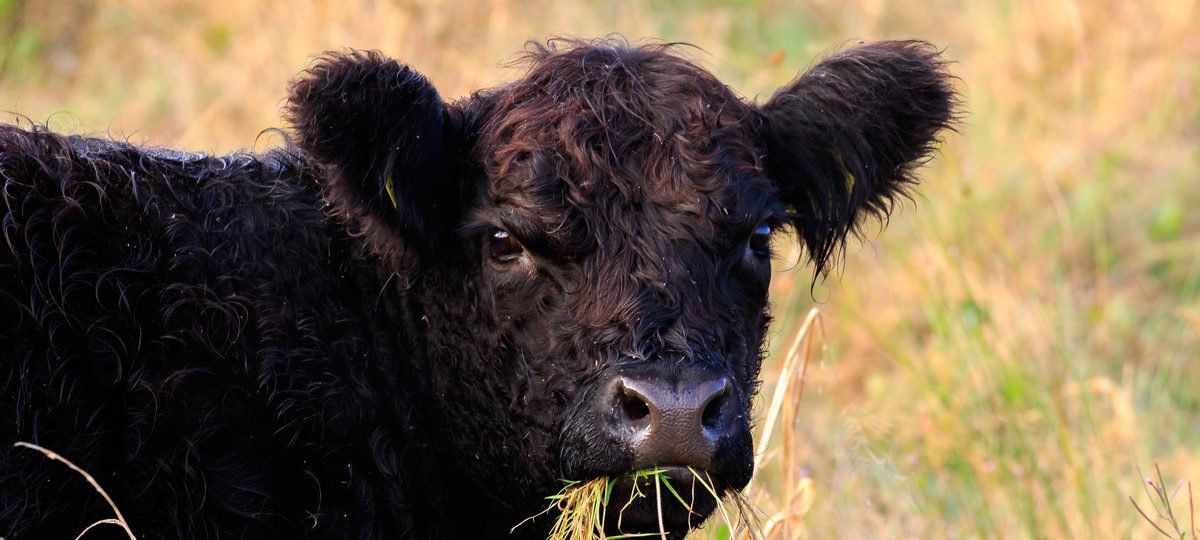
"You have to be the loudest chewer in the entire world."
I was about 7 years old. And when I look back, this is the first memory I have of feeling truly mortified by someone's observation of me.
With my salad still in my mouth, I tried to slowly chew it down — as if my molars could tiptoe through the field of iceberg, cucumbers and broccoli. With each carefully-curated-for-optimal-noise-nullification chew, my aunt giggled. This routine of my cousin's trying to tell his story, my trying to quietly finish the food in my mouth so as not to interrupt, and my aunt's giggling's ultimately stopping the story in its tracks went on for about two minutes.
Then I swallowed, pushed my plate away and stayed away from broccoli for years.
Everyone who meets me says I have a big mouth — everyone except for dentists, who say my mouth is in fact very small. They mean it anatomically — not metaphorically, the way my friends mean it when they comment on my verbose nature. The dentists find it hard to do their dentistry. The dentists groan and moan as they can't quite get the angle they need. It was a dentist who first spoke of the narrowness of my mouth.
By now, I was a teenager. I'd long ago brought broccoli back into my diet — along with tortilla chips, pickles and everything else that packs a loud-crunch punch — but I had done so with hyper-awareness. I tried to tell myself that my aunt was only being mean. I tried to tell myself that the reason my crunching seems so loud in my own head is that my ears are also in my head. My ears are incredibly close to my mouth. I tried to tell myself it didn't matter, that if I chewed slowly enough and kept my lips pressed together tightly enough, the noise would not be noticeable.
This posed a problem. Because along with my loud chews, I have never mastered the art of breathing through my nose — not comfortably, anyway. During meditations when we are instructed to breathe in through our noses and out through our mouths, I always get lightheaded. I get faint. I have to sit down. I have to throw up. I assume this is from a lack of oxygen. I open my mouth to breathe and immediately feel better. Circular breathing is like pure magic to me; I can't do it. My prospects of becoming a famous trumpet or didgeridoo player are nil. Because I cannot adequately breathe through my nose with comfort, eating poses a dilemma. At some point, I always have to open my mouth for a breath. At some point, possibly mid-chew, my lips have to crack open, allowing the crunch noise to escape.
The first time a dentist mentioned my narrow mouth was the first time I felt that I couldn't have prevented my being chewing-challenged. My mouth is narrow and hollow, a chamber of crunches. I was born this way. This was anatomy. If anything, this was my parents' fault! Their genetics.
And I've thought very little of my chewing since.
Recently, my husband and I were having a snack on the couch, and he turned off the television and stared at me.
"You have to be the loudest chewer in the entire world," he said. Just as I did when I was 7, I slowly chewed the rest of the chip in my mouth, in a molar tiptoe.
"And you smack your lips," he said. "Why do you open your lips when you chew?"
"To breathe," I said. "I've always done this."
I am older now and acknowledge that passing years may highlight new annoyances in the people we love. But that doesn't mean we annoyers are obliged to react with insecurity when we annoy — or react at all. I chew loudly, and I deserve to breathe freely in all my relationships.
I got up and made a huge plate of chips, pickles, cucumbers and pretzels. Then I sat back down next to my husband and crunched on the couch. He rolled his eyes and then laughed, turned the television back on and turned up the volume. Compromise.


 Contact The Editor
Contact The Editor
 Articles By This Author
Articles By This Author